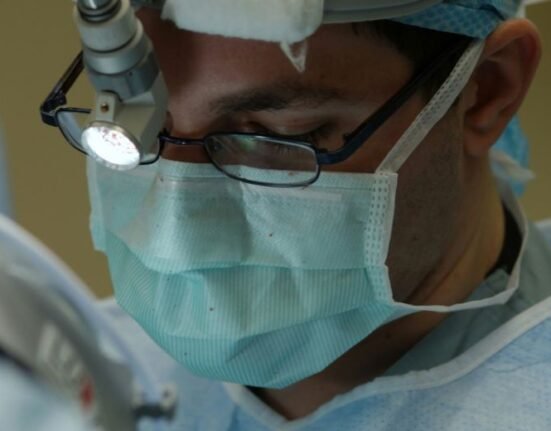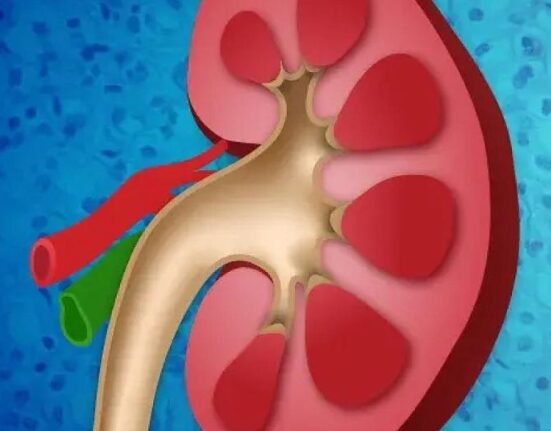HQ Team
February 16, 2024: Diet fads are common. Every few months the world gets excited about one kind of diet or the other. To overcome this confusion on what diet is best suited for you, an ambitious nutrition research project is underway to find out tailored nutrition for individuals.
The National Institutes of Health is running a $189 million programme with more than 10,000 participants, who will be under observation for six weeks, eating precisely selected meals and undergoing hundreds of medical tests. And they are under constant observation for all their food-related activities to avoid any chances of cheating.
If the study succeeds, one could just undergo some simple medical tests, fill in a lifestyle and health fact sheet, and leave the doctor’s office with personalized diet advice, says Holly Nicastro, coordinator for the NIH’s Nutrition for Precision Health(NPH)study.
Diets generally focus on veggies, fruits, whole grains, and proteins. The trick is to find out what suits one best as people respond to certain foods differently. For example, whole grains and proteins response is very varied. Participants will come from a range of backgrounds, ages, and ethnicities.
The NPH will study how a range of factors, including genes, lifestyle, health history, the gut microbiome (the community of microorganisms that live in the human gastrointestinal tract), and social determinants of health (the conditions in which people live, work, and age that affects health), influence a person’s response to diet.
Three diet combinations
The research team plans on following three diets for two weeks each. One is high fat and low carb; another is low on added sugars and heavy on vegetables, along with fruit, fish, poultry, eggs and dairy; a third is high in ultra-processed foods and added sugars.
The scientists will take the vast amounts of data they are collecting to create algorithms that can predict what a particular diet will do for any one of us.
The hope is to be able to fine-tune diets to suit the different food responses of individuals. For example, some respond to carbs better than proteins or even fats. The study intends to cut down on all the confusion and time spent on arriving at the right diet combination suitable for an individual.
And with more customized guidance, nutrition researchers hope that blood sugar levels, etc can be improved and people are able to stick to their diets with faster results.“There can be this public perception out there that ‘Oh, everyone knows what you’re supposed to eat, but it doesn’t work for me.’ But if this is for me and based on me,” people might be more likely to follow the plan, Nicastro said.
Devices and gadgets to monitor
For the study participants are required to wear a heart-rate monitor, a device to record physical activity, and a continuous glucose monitor to measure blood sugar. The subjects are constantly tested to monitor their response to every meal. Insulin, glucose, and other metrics are measured.
A DEXA scan, a full-body X-ray that quantifies the amounts of fat, bone, and muscle is also done at the beginning of the trial.
Small cameras attached to eyeglasses start recording everything that a participant chews to accurately measure every morsel. They are also closely followed to see that they do not cheat on meals.
Some participants in the NIH study are using a new “smart” toilet paper device to collect stool samples. The researchers are particularly interested in how the three diets affect the gut microbiome—and how that influences how people respond to a diet.
Resting metabolic rate is also measured keeping a participant very still.








